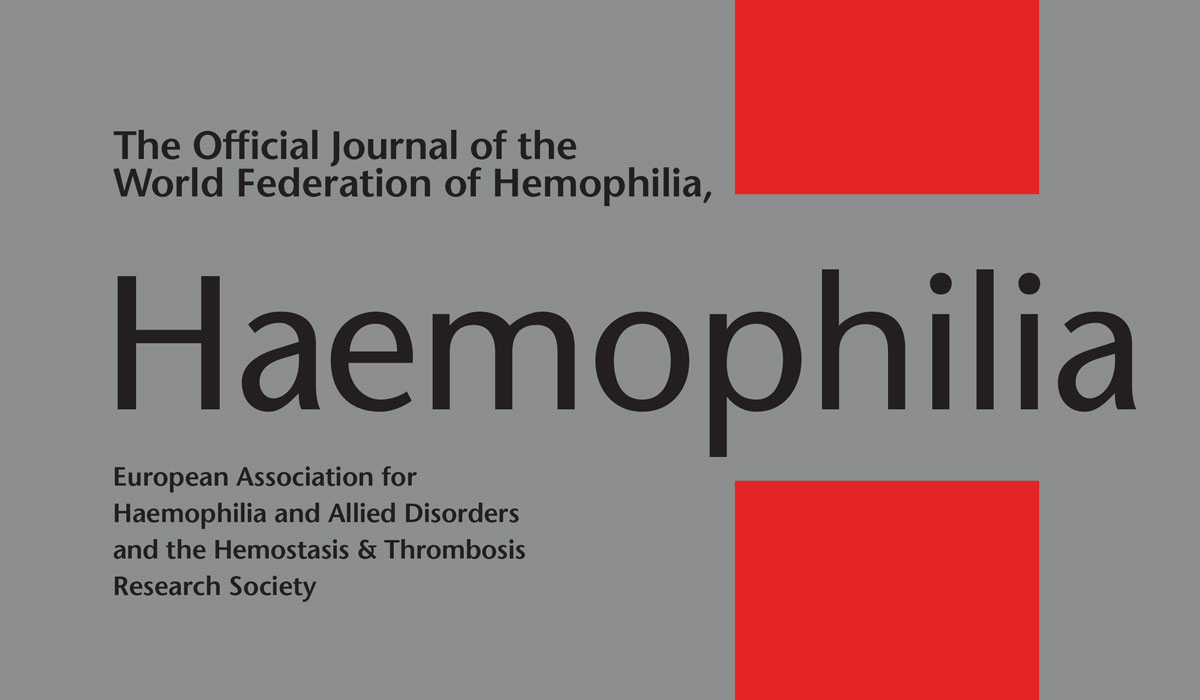The Thai Society of Haematology (TSH) initiated the HBDR in 2018, and hemophilia treatment centres (HTCs) in Thailand have been entering patients’ medical record data in the system since 2020. In 2021, the HBDR started collaborating with the WFH to integrate data into the WFH World Bleeding Disorders Registry (WBDR)—the only global registry for collecting standardized clinical data on people with hemophilia (PWH) and people with von Willebrand disease (VWD). Since 2021, selected HBDR data have been successfully transferred to the WBDR annually. This development is notable because data help optimize resources for treatment, evaluate outcomes from the use of these resources, and support identifying the most promising resource applications; they are also the foundation of strong advocacy efforts.
Building on the same concept of data integration from the HBDR to the WBDR, selected HBDR data will be submitted directly from the HBDR to the National Hemophilia Foundation of Thailand—the WFH national member organization (NMO). The National Hemophilia Foundation of Thailand is responsible for submitting country level data to the WFH Annual Global Survey (AGS), contributing to a body of information that will be used by advocates and researchers around the world. Through this practice of data transfer, repetitive workload functions by the HTCs can be reduced or eliminated. In this way, the burden of data collection for both HTCs and NMO will be minimized, allowing the process to be efficient and error-free. By leveraging the use of technology, countries like Thailand can better manage their data, and can also more easily submit that data to the AGS. It is hoped that this will encourage even more countries to contribute to the survey, to the benefit of the global bleeding disorders community.
To read “Direct data transfer of people with hereditary bleeding disorders from the Thai haemophilia treatment centre registry to the Annual Global Survey of the World Federation of Hemophilia”, please click here.
To find out more about the WFH Annual Global Survey (AGS), click here. To find out more about the WFH World Bleeding Disorders Registry (WBDR), click here.












